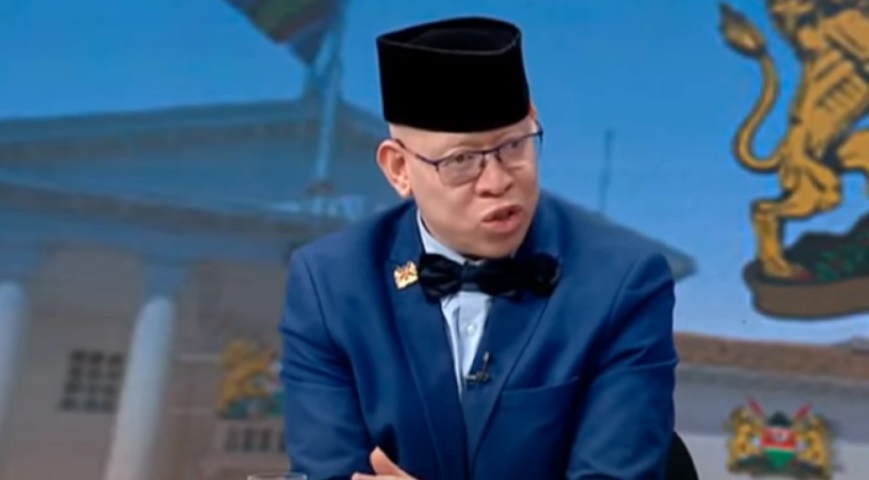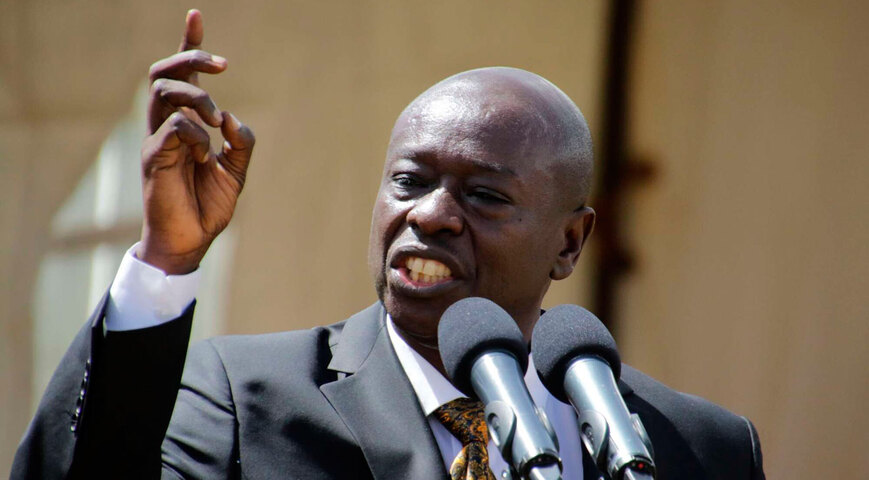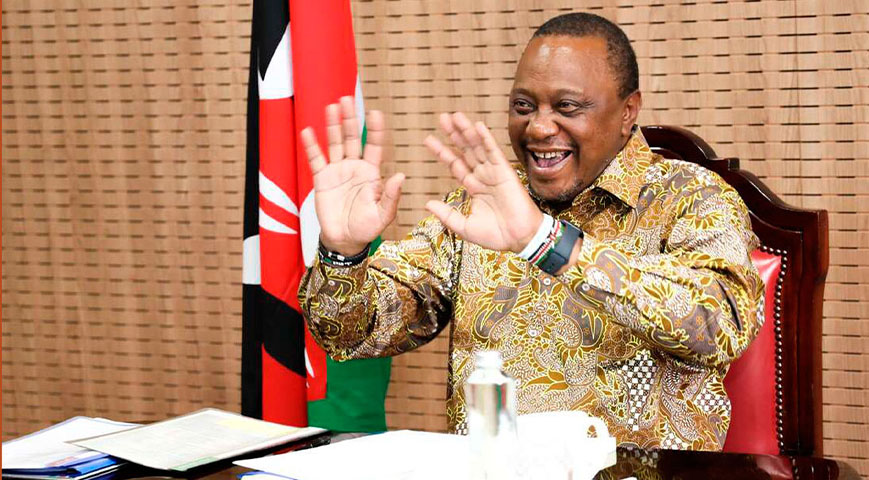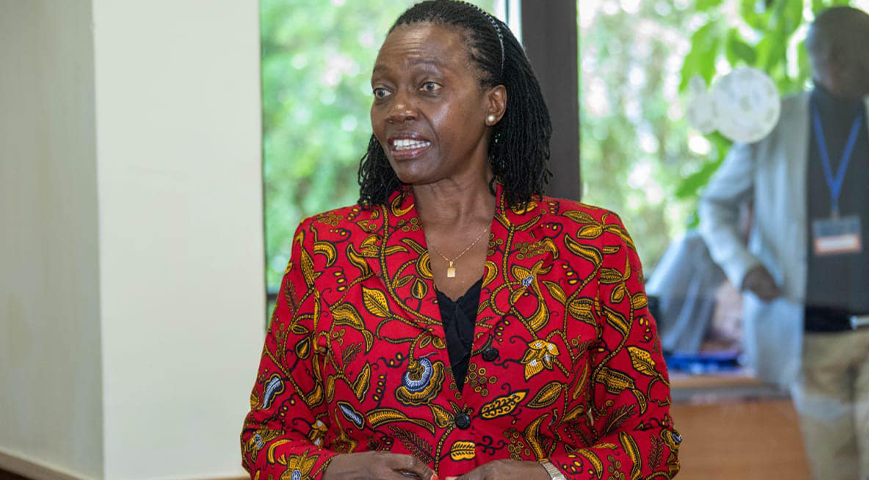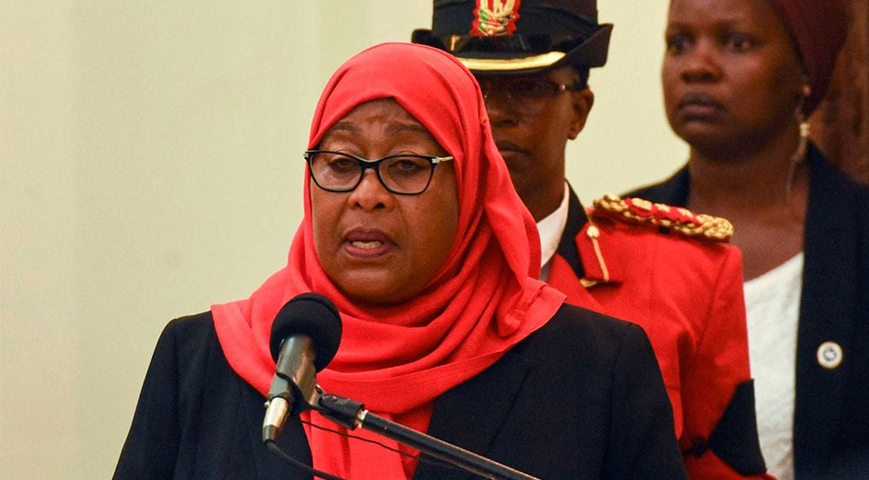Government Spokesman Isaac Mwaura strongly rebuked a recent article by the British Broadcasting Corporation (BBC), accusing it of disseminating inaccurate information about Kenya's economic situation and criticizing the President's taxation policies. Mwaura asserted that the article was untrue and a serious misrepresentation of facts.
In a statement issued on Wednesday, Mwaura urged the media to uphold factual and non-partisan reporting in fulfilling their responsibilities. He emphasized the Kenyan government's support for press freedom and acknowledged the media's crucial role in shaping public opinion. He also contended that the era of international media portraying Africa negatively through yellow journalism was long gone.
Mwaura refuted the claims in the article, asserting that Kenya is a free country that values press freedom. He reminded the media of Kenya's positive global reputation, citing the visit of the British King and Queen as evidence.
The spokesman clarified the following points in response to the article:
President Ruto remains the most popular leader in Kenya, and the Kenya Kwanza Coalition is the preferred political formation, according to recent independent research.
Did you read this?
President Ruto is dedicated to implementing 'THE PLAN,' a manifesto aimed at transforming Kenya. He has created job opportunities for over 270,000 Kenyans, including 56,000 teachers, 100,000 Community Health Promoters, and 120,000 jobs through the affordable housing program. Additionally, over 350,000 jobs abroad have been negotiated for Kenyans.
No new charges have been introduced for acquiring birth and death certificates, passports, and National Identity cards, with fees remaining unchanged.
Kenya remains a top tourist destination, with over 1.48 million international visitors in the current year. A new VISA-free entry policy from January 2024 is expected to boost tourism revenue significantly.
Kenya is committed to clean and sustainable energy, with reduced costs for LPG gas and lower prices for essential commodities like maize flour and milk.
Kenya's inflation rate is at 6.8%, ranking it as the 29th fastest-growing economy globally, according to the World Bank.
Despite criticisms on taxation, Kenya's rate at 36% is lower than that of other countries like the UK, where it exceeds 45%. The government aims for self-reliance rather than excessive borrowing.
Significant budget cuts of more than 10% for 2023/24 have been implemented, with foreign travel being the most affected.
President Ruto is committed to lowering the cost of living through a strategy of subsidizing production over consumption, as indicated by a recent World Bank report.
President Ruto has emerged as a prominent voice in Africa and globally on issues such as Climate Change, intra-African trade, and international financial reform, receiving recognition for these efforts.

